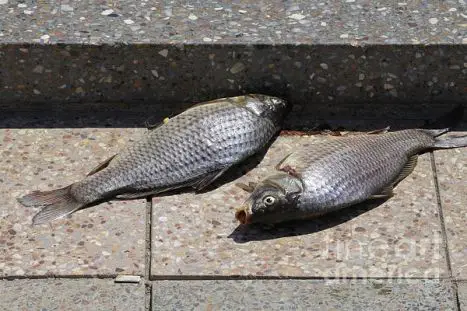
The first poem of their lives learnt by most Indian children is about fish. The English rendition of the poem would say, “fish is the queen of water bodies, its life is water, if you will touch it, it will be frightened and if you will take it out, it will die.”
When I learnt this poem first, I was fascinated with the fact that someone as powerful as a queen of water is helpless once we take it out of water and dies quickly. I would go to the fish pond built in our lawn and would try to take out a fish with my bare hands though they always managed to run away and I could never my lay my hands on one. (God forbid! I was saved from a heinous crime!)
Childhood memories apart, have you ever seriously thought about it as to why do fish die when taken out of water? The answer lies in the physiology of a fish. An average fish takes her supply of oxygen from water. They take water in their mouth and it passes through their gills. Gills are lungs like organ of fish which help them in breathing. When water passes through the gills, it absorbs the oxygen present in the water and replaces it with the carbon dioxide present in fish’s bloodstream. This water then flows out and the process gets repeated.
The gills of a fish work only under water. The moment you take them out of water, the gills stop working, oxygen supply stops and carbon dioxide begins to accumulate in their blood stream leading to the death of the fish.
However, there are some exceptions. There are some species of fish like climbing perch, mudskipper, lungfish and snakehead can also live without water for some time because they are bestowed with some alternative means of breathing along with gills. Either they have lungs or they are capable of breathing through skin or they have chambers next to gills which help them in living outside water for short period of time.